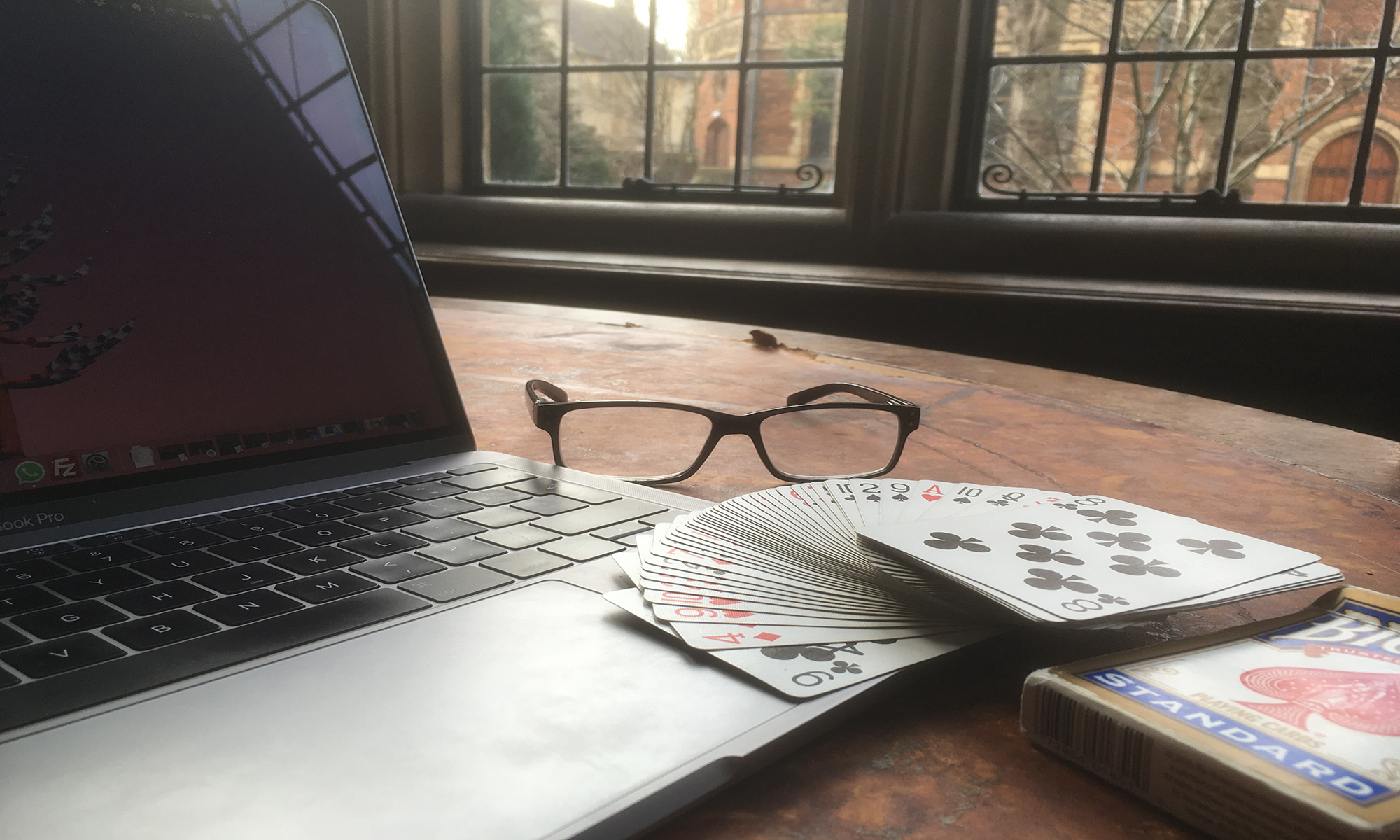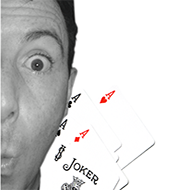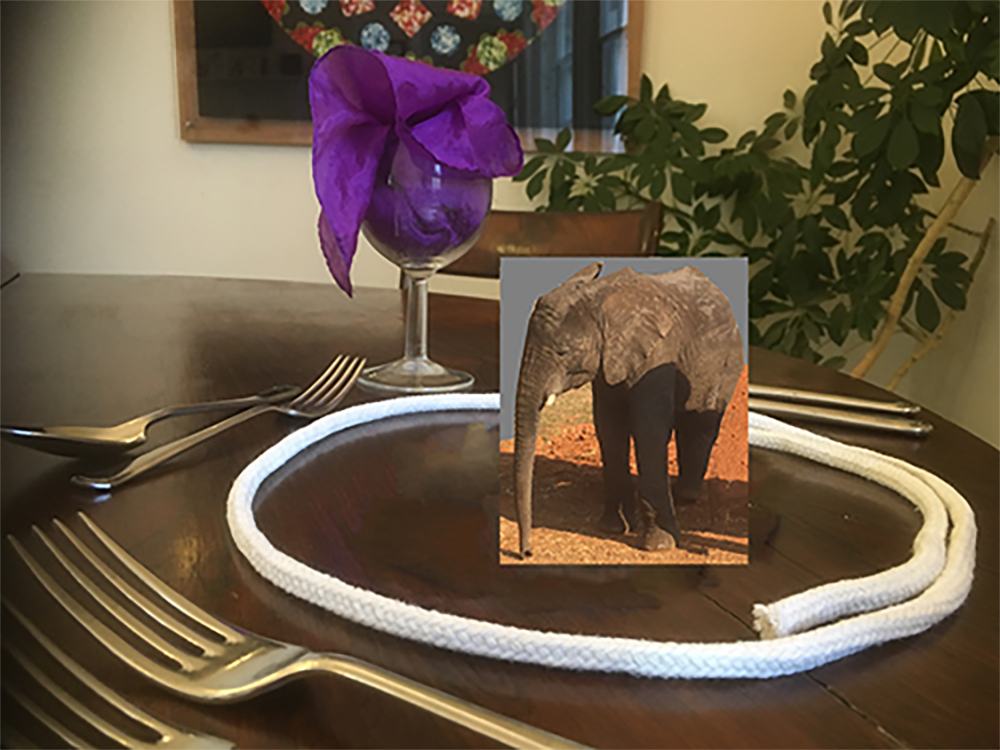
If you are setting out on a course different to anything anyone in your family has ever done then it is understandable that they might be fearful – we are all naturally wary of what we do not know.
Especially if you are running away to join the circus, or even just become a magician. Your family will have no idea how you can make it work.
But it can be very unsettling to feel out of alignment, your family and friends not supporting what you want to do, not sharing your vision.
Wisdom or Fear
It may be that they are older and wiser and have some wisdom that it would be good for you to listen to. They are probably genuinely concerned that you will not earn enough money to support yourself both now and in the future.
Or it may be that they are fearful and worried about their own reputation.
Or it may be a combination of both – human beings are complex!
Go to the Bank
The way that you interact with them will depend on the quality of your relationship with them. This will be different for everyone and will depend on the history of your relationship. I love Stephen Covey’s concept of “emotional bank accounts”, outlined in “The 7 Habits of Highly Effective People”.
The idea is that, with everyone you know, you have unconsciously opened an emotional bank account. Whenever you do something positive for them, spend time with them, smile at them, you are making a deposit into the account. Every time you offend them, need a favour or are just grumpy you are making a withdrawal. Covey encourages us to maintain positive emotional bank balances.
If you have a healthy balance in your account then you are going to be able to have a much more meaningful, honest and understanding conversation with a family member or friend than if you are overdrawn. It is never too late to start making deposits into the account!
Find the Other Crazies
In addition, it would be good to find a community of people – maybe a club or society, physical or online – with people who have made it work in your chosen field. Those who are a bit further down the road than you who can advise you of possible pitfalls and give you good advice. They can give you the benefit of their experience.
You can also use them as examples to your fearful family to reassure them that there is a way to make your idea work and that you are not blindly following a crazy vision, you have experienced people to guide you and you are going in with your eyes open.
Head in the Clouds, Feet on the Ground
I realise that sometimes you have to follow your vision, come what may, or it will feel like you are killing your soul. But it has to be practical, workable and sustainable. Often, those closest to us will be worrying because they don’t think we will be able to survive. And that is a valid concern.
You will have to sell your vision to different people again and again throughout your journey. So beginning with your nearest and dearest isn’t a bad place to start. Having to prepare a case for them will force you to think through all the practical and financial issues, to come up with at least a rudimentary business plan. This may not sound very romantic but it can only be good for you in the long run. Or even in the short run.






